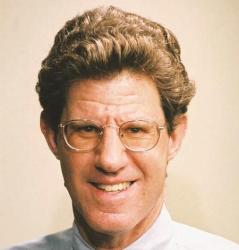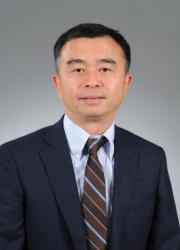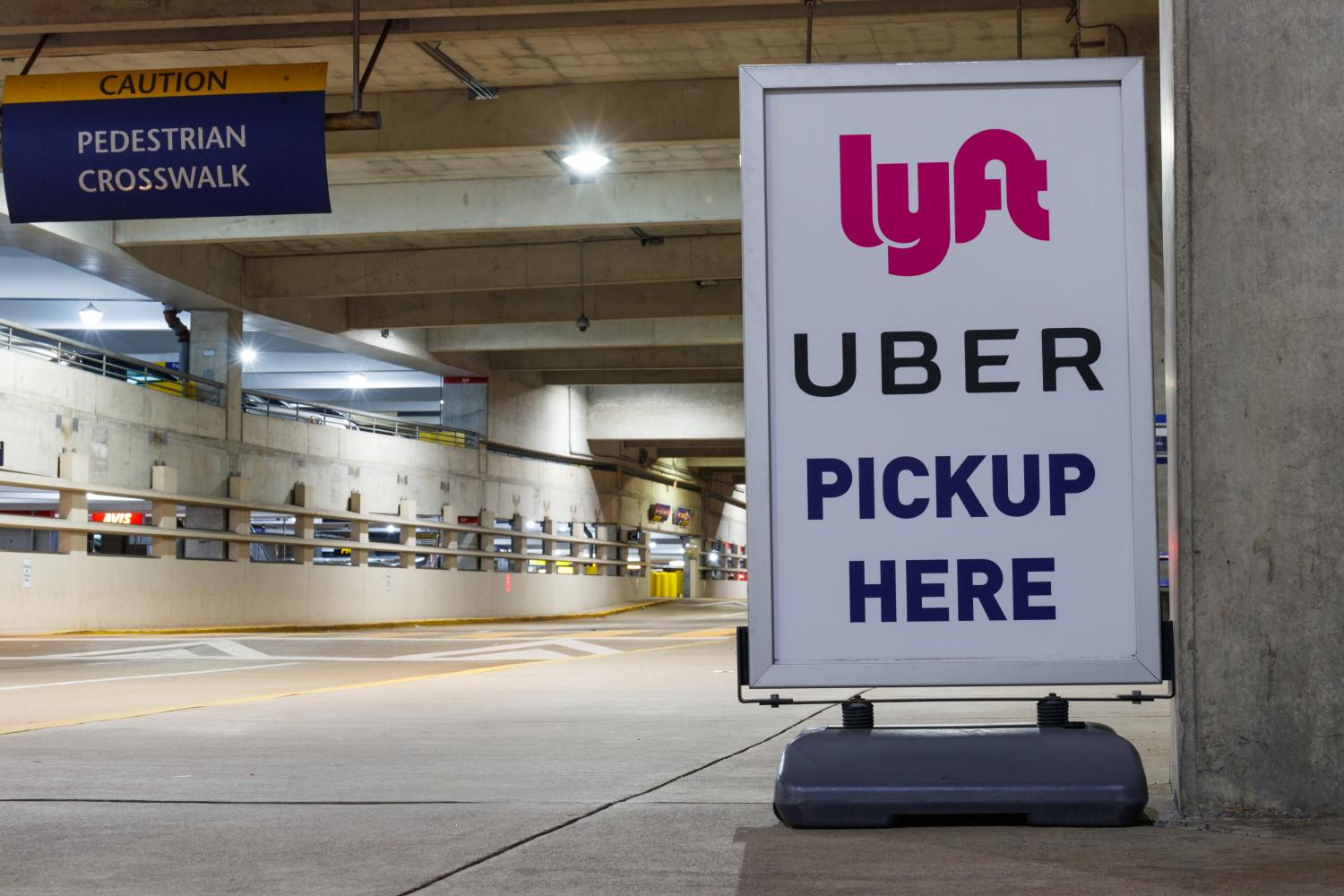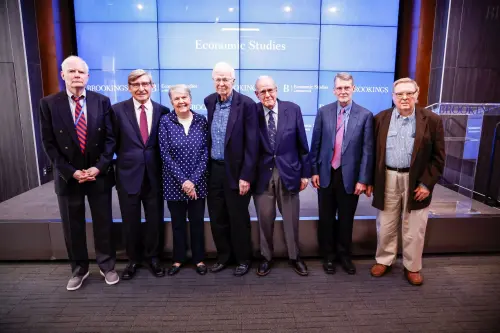This paper is published as part of the Hutchins Center on Fiscal and Monetary Policy’s Productivity Measurement Initiative.
Ridesharing consists of drivers who provide private trips with their own car without intervention from a regulatory authority; passengers who use their smart phone to request transportation to various destinations; and transportation network companies (TNCs), such as Uber Technologies, Inc. (hereafter Uber) or Lyft, which match passengers’ demand for trips and drivers’ supply of vehicles with a smart phone application.
Ridesharing services have grown rapidly since 2010 when Uber launched its first on-demand car service, ‘UberCab,’ in San Francisco. The dramatic growth of ridesharing drivers’ labor supply has been aided by the absence of medallion permits or occupational licensing requirements that apply to taxi drivers. In addition, ridesharing drivers have flexible hours, which enable them to smooth income fluctuations. Finally, capacity utilization, measured by the fraction of business hours or miles that a fare-paying passenger occupies a shared vehicle, is much greater for UberX drivers than for taxi drivers in, for example, New York City and Boston.
In this paper, the authors measure the benefits of ridesharing services to travelers in the San Francisco Bay Area by estimating a mixed-logit model of mode choice. They include Uber as a representative ridesharing service and they quantify the welfare gain that it provides to travelers by estimating the difference in total benefits with and without its service. Consumers gain roughly $1 billion annually from Uber’s non-fare attributes, which they value but taxis have not provided. Annual benefits to travelers in major U.S. cities are likely to amount to several billions of dollars. Regulations that limit the expansion of ridesharing services are not justified and are likely to reduce travelers’ welfare without addressing the problems of the modes that they seek to protect.
The authors did not receive financial support from any firm or person with a financial or political interest in this article. None are currently an officer, director, or board member of any organization with an interest in this article.








